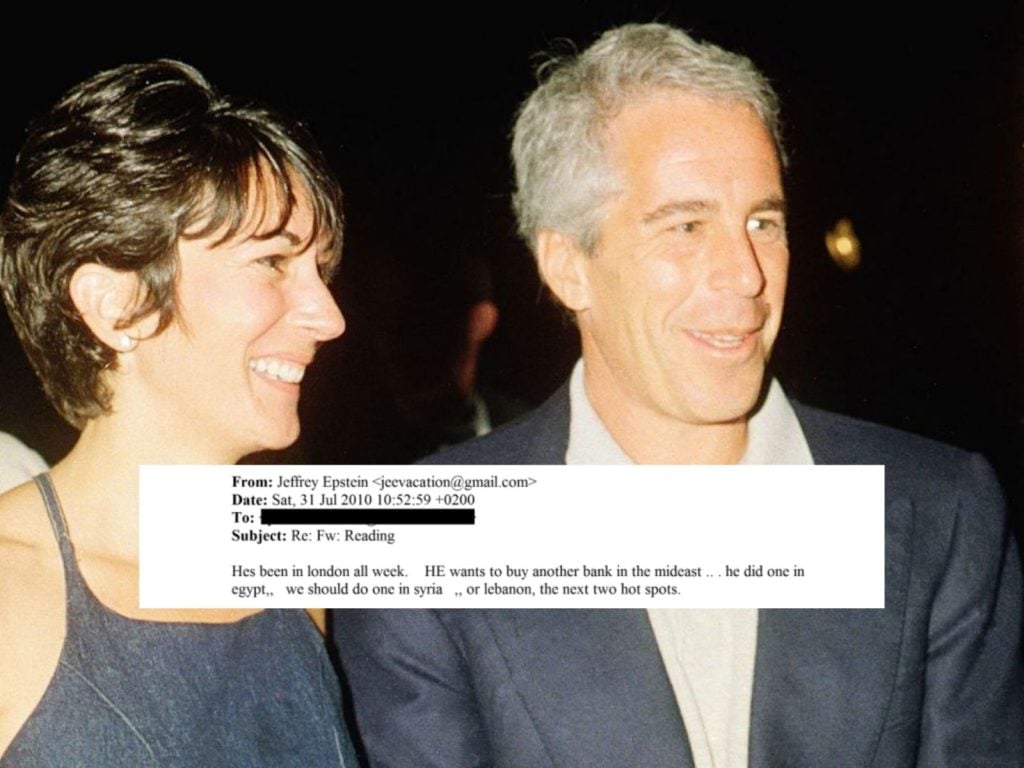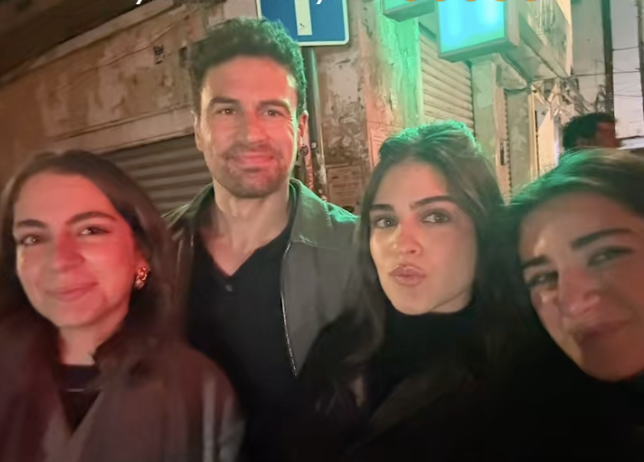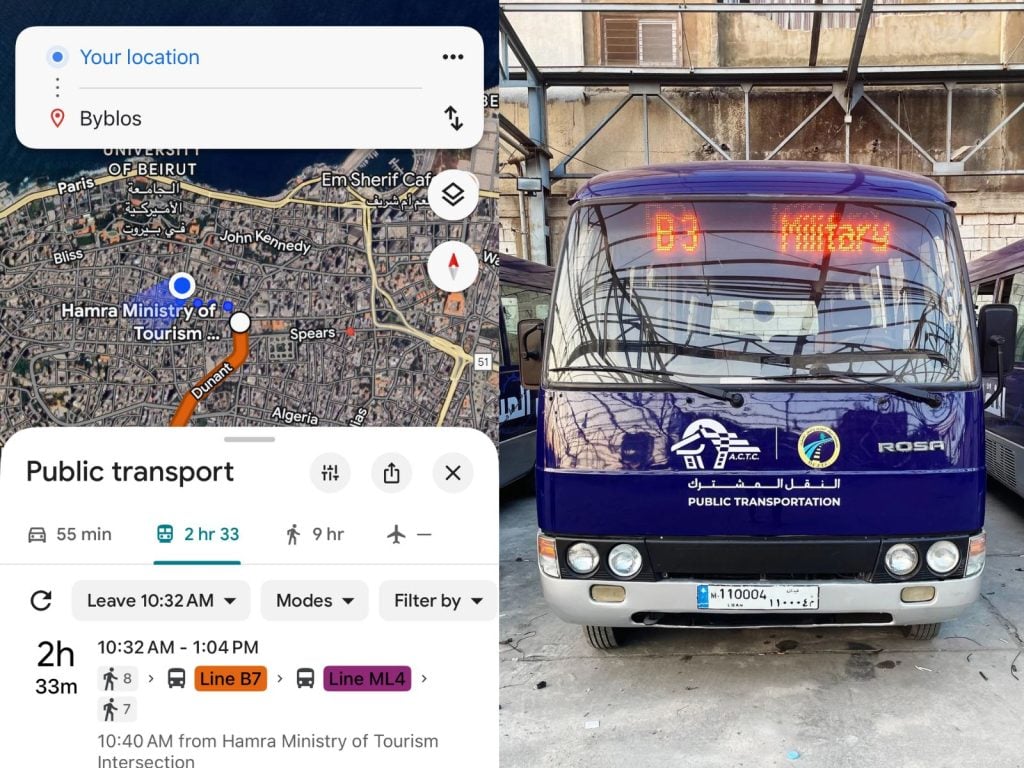In Honor Of Women’s Day: 17 Lebanese Women Who Make Us Proud
Meet seventeen Lebanese women who have helped shape the entrepreneurial, political, social, and cultural scenes. And also, let’s not forget the many others who continue to inspire us in so many ways.
Christine Sfeir, CEO of Meeting Point and Treats Holding
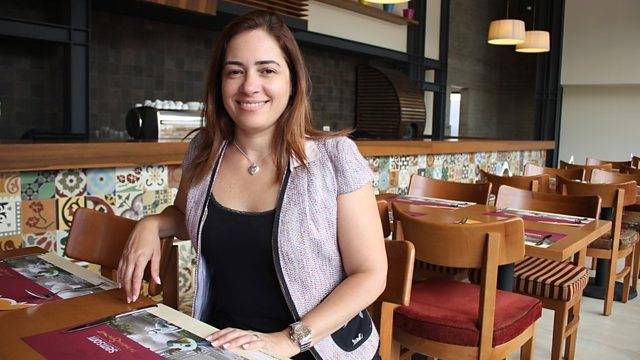
Sfeir began her entrepreneurial journey at just 22 years old, persuading Dunkin’ Dounts to grant her their Lebanese franchise. Though she recognised this was risky, it was one of the best decisions ever made since Dunkin’ Donuts operates more than 30 Lebanese branches and Semsom (part of Treats Holding) is open around the Arab world and in the US. Sfeir has been recognised for her entrepreneurial efforts and has maintained her name on four “powerful women” lists over the years.
Ghida Anani, founder of ABAAD
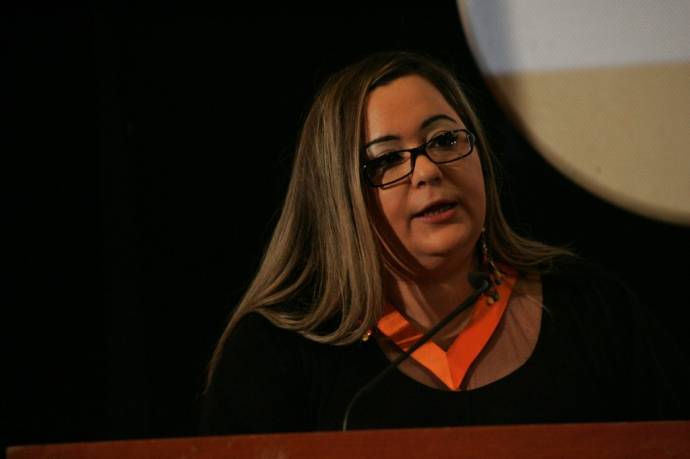
Ghida works effortlessly with ABAAD to promote gender equality and protect women. She is one of the brains behind the recent “Abolish Article 522” campaign which captivated Parliament’s attention, and is in the process of abolishing an old piece of law that states rapists may be exempt from punishment if they marry their victims. This campaign was welcomed with open arms from the Lebanese population, and for all the right reasons. Anani has won numerous awards for her efforts, and has previously also worked with KAFA, another organisation aimed at ending gender-based violence and exploitation within Lebanon.
Mounira El-Solh, first Lebanese women to run for Parliament
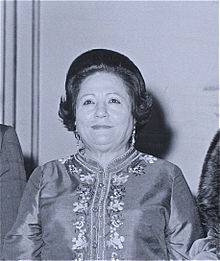
Aside from being one of the first women to run for Parliament and an advocate for women’s rights, El-Solh founded a school and home for disabled children, “Al Amal Institute for the Disabled”, and an association for parents with children with mental disabilities. The school remained open during the war, and still exists today, hosting children from around the country. El-Solh has won numerous awards for her contribution to the disabled community, and rightly so. We live in a place where there is a lack of awareness around disabilities, and in particular, mental health. She was, and still is a beacon of hope for the disabled community.
Nayla Fahed, founder of Lebanese Alternative Learning
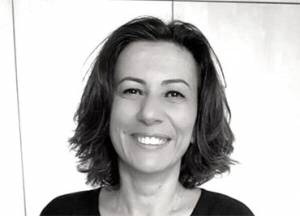
It’s no secret that Arabic is one of the hardest languages in the world to learn. Founder of Lebanese Alternative Learning, Nayla Fahed, created a software that uses technology and innovation to help kids learn Arabic in a fun, accessible and easy way. The software works with professionals and experts to make sure that children are getting the best quality education to help them excel, and ensure that nobody falls behind in class. As someone who is traumatized from learning Arabic, as I’m sure many others are, this concept has us asking our dear Lord why it didn’t come 20 years earlier!
Hala Audi Beydoun, founder of Cocoa and Co.
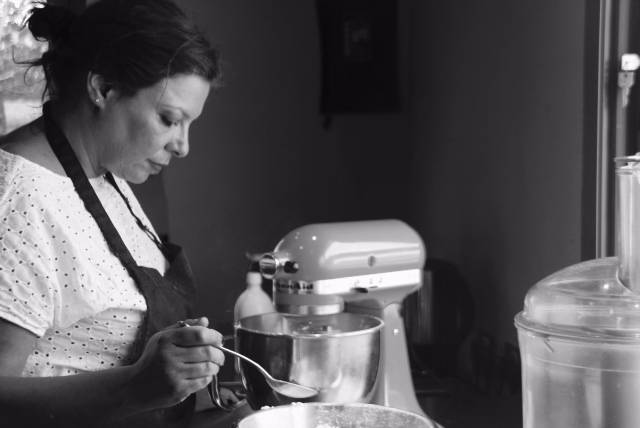
Cocoa and Co may be just another name for some, however, the founder and owner is an inspiring mother of three who had a talent that could not be ignored. This business began from the comfort of Beydoun’s own kitchen, baking for her daughters’ birthday parties which led to great success, with people ordering for their own occasions. Now, Beydoun owns one commercial kitchen and three shops around Lebanon. When sickness overcame Beydoun and her family, things became hard, however she kept looking forward to getting back into the kitchen and doing what she does best. This incredible woman has won two entrepreneurial awards, and does us Lebanese women proud.
Loulou Khazen Baz, founder of “Nabbesh”
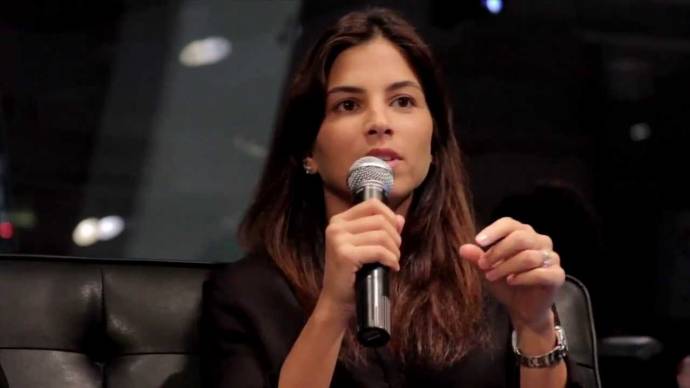
Lebanese born Khazen Baz founded “Nabbesh”, a company which connects businesses with freelancers, helping tens of thousands of young freelancers find work so far. Baz also spends some of her time giving back to the community such as helping marginalized young Arabs find work. Through Nabbesh, she is tackling unemployment across the Middle East and allowing people to work in the field they want to, as opposed to working just to pay the bills. The creative and budding Lebanese youth need something like this to kickstart their careers in a society where unemployment is high and hope in the country is extremely low.
Lynda Mattar, revolutionary Lebanese female activist
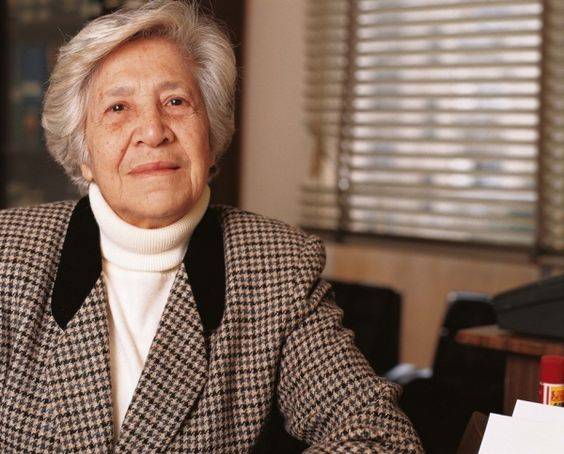
Linda Mattar was one of the first female activists and has been hailed as one of the most influential women in the country. She was President of the League of Lebanese Women’s Rights the year Lebanese women won the right to vote, and fought for over five decades for women rights. A woman who began the movement, and is partially responsible for most of the rights us women now have, Linda serves as an inspiration for activism and awareness.
Sarah Beydoun, founder of Sarah’s Bag
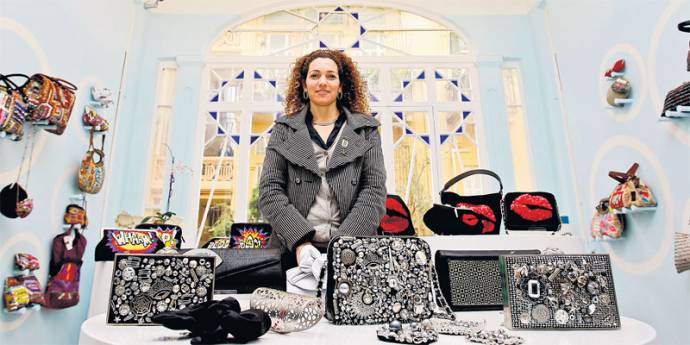
Sarah’s Bag is more than just a pretty line of handbags, but a business that employs, trains and rehabilitates vulnerable women and female ex-prisoners. Sarah fused an unlikely combination of her work at an NGO and her love of fashion, contributing significantly to society and empowering these underprivileged women.
Sara Trad, co-founder of Skoun
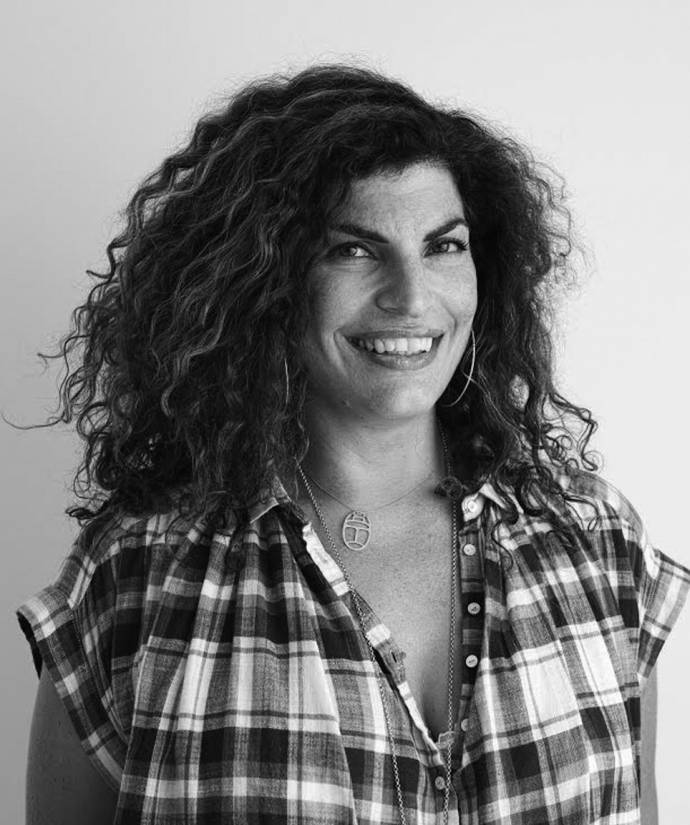
It is no secret that Lebanon is facing a drug epidemic. Trad is co-founder of Skoun, an organization aimed at combatting and preventing drug use amongst the youth, providing drug prevention programs, treatment, and centers for help. Trad came up with a method to combat drug addiction and is focusing on Skoun to combat perceptions surrounding drug addicts and aid in reintegration into society. The system aims at locking up addicts, as opposed to aiding them seek the help they need. Trad’s work looks at drugs as a disease, rather than a crime. Her activism and efforts could not have come at a better time.
Zoya Rouhana, founder of KAFA
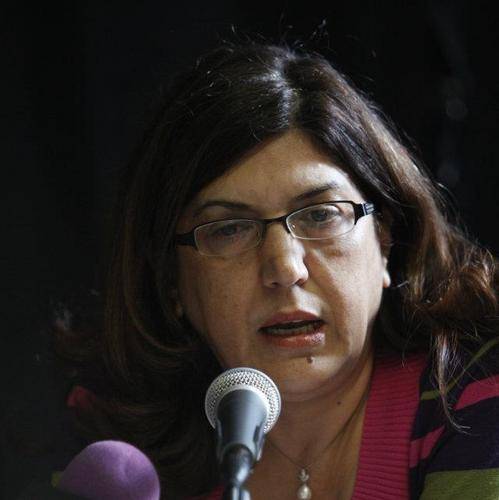
Currently one of the most prominent activists in the country. You may not have heard her name, but she is the founder of KAFA, an organization very dear to my, and many other people’s hearts. Most recently, KAFA captured the attention of people around the world with their campaign to end child marriage, and are working endlessly to raise awareness and change laws affecting women. Aside from KAFA, Rouhana has worked for various women’s organisations and has been recognized for her efforts in this field by the US Secretary of State in 2007.
Sarah Minkara, founder of Empowerment Through Integration
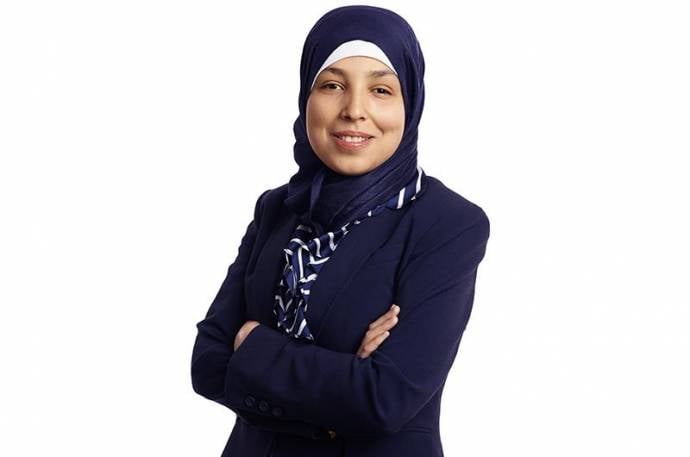
Lebanese born Mikara became legally blind at 7 years old, however was met with great support and encouragement thanks to her upbringing in the US. However, she soon realised that blind or partially blind children in other countries were not afforded the same privileges. She set up Empowerment Through Integration to work with these vulnerably children to teach them skills including how to walk with a white cane, and how to use a computer and most importantly, teaching them to be confident. Sarah was recently featured in Forbes 30 under 30, and we couldn’t be prouder.
Charlotte Karam, director of the KIP Project on Gender and Sexuality
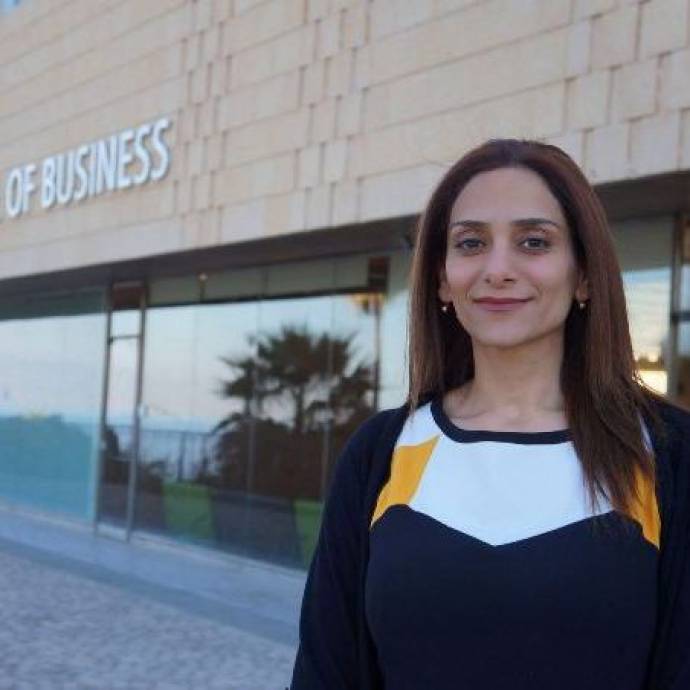
Karam is one of the brains behind the #NotYourAshta campaign which took Lebanese Twitter and Instagram by storm a couple of months ago. Aimed at tackling sexual harassment in the country, individuals were invited to share powerful messages hashtagged #NotYourAshta. Ashta, a sweet fruit, is a common word used by harassers to pass unnecessary comments in the street. This project initiated both men and women to share their stories, and sent out a powerful message against sexual harassment.
Rana el Chemaitelly, founder of The Little Engineer
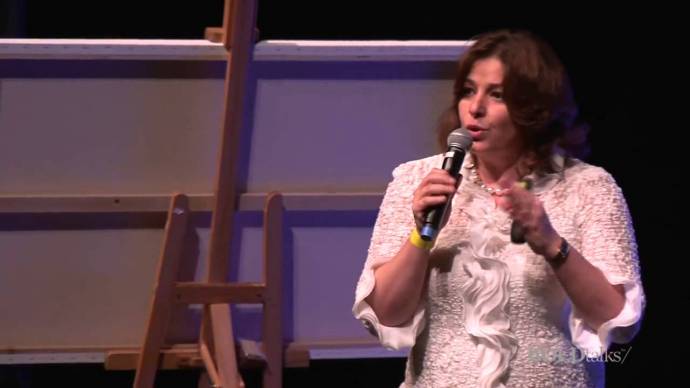
It’s no secret that kids hate school. Rana however, has found a fun and exciting way for children and the youth to engage with science, winning numerous awards for her work. Partnering with summer camps, and with workshops located around the Arab world (including Qatar and Libya), Rana is dedicated to hosting these practical workshops to equip students with skills and knowledge of current topics including robotics, renewable energy and sustainable environment, prepping them well for the world of the future.
Joumana Haddad, author and women’s rights activist

Joumana Haddad is an author, public speaker, journalist and women’s rights activist. She has been chosen as one of the world’s 100 most powerful Arab women for four years in a row by Arabian Business Magazine, for her cultural and social activism. She is founder of Jasad, a quarterly Arabic-language magazine. She’s been an instructor of creative writing and modern arabic poetry at the Lebanese American University from 2013 to 2016. She has published several works of poetry and prose, widely acclaimed by critics. Her books have been translated to many languages and published abroad. And now, she’s running for a seat in the parliament.
Sarah Hermez, founder of Creative Space Beirut
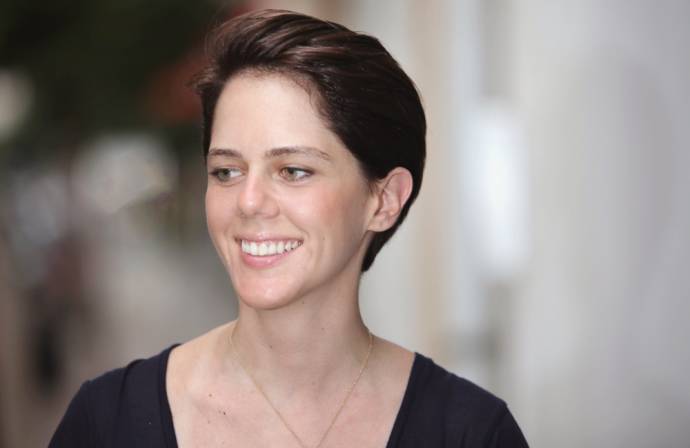
The world of fashion seems like a very distant concept for many of us. From the creativity and innovation it requires to the ridiculously expensive design schools, many young designers would be put off before even starting. Hermez however recognised this issue, and created Creative Space Beirut for budding designers. This is a free school which hosts individuals from around the country, including refugees and teaches them fashion and design. Pieces are sold at a public exhibition and 100% of these proceeds are reinvested back into the school to make sure the education remains free. This innovative space has gained international recognition, including by Marie Claire, Al Jazeera and Brownbook magazine, and rightly so.
Reverand Rola Suleiman, the first female pastor in the Arab world
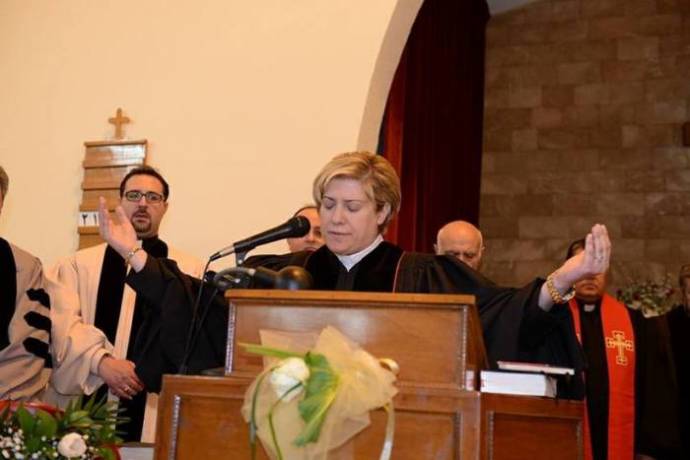
Rola Suleiman has been serving in the church since 2008, and has been holding weddings, funerals and ceremonies since. However, there was always a male pastor by her side, and she wasn’t allowed to perform all the roles her male counterparts could. Recently however, Rola has been ordained and is now Reverand Rola Suleiman, heading a church in Tripoli. This is a proud moment in history, and indeed a step forward in the Arab world where male dominance governs.
Ayah Bdeir, CEO of littlebits
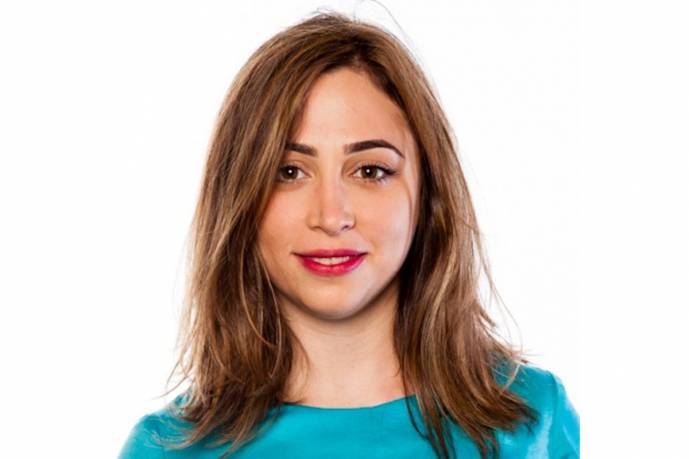
Lebanese/Canadian born Ayah is CEO of littlebits, an open source library of electronic building blocks allowing absolutely anybody to create electronic inventions. It’s a bit like an electronic version of Lego, and boy is Lego fun! Bdeir has won countless awards for this company and her creativity, and it’s not hard to see why. She lectures at top universities around the world too. Couldn’t get more awesome? Think again. Bdeir hasn’t forgotten her Arab roots and has worked on several innovative and fun electronic projects, such as “Teta Haniya’s Secrets”. Sort of like an Arab/electric Victoria Secret since it involves electronic lingerie, inspired by old Syrian traditions somehow!
